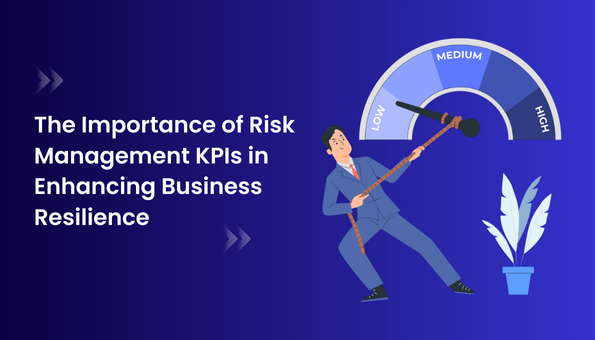The Relevance of Recognizing the Importance of Risk Management in Various Industries

The Core Idea of Risk Management and Its Function
Risk Management, the foundation of lots of markets, hinges on the identification, analysis, and mitigation of unpredictabilities in a business environment. By correctly identifying possible dangers, organizations can create methods to either prevent these threats from happening or minimize their effect. Once dangers have been recognized and reviewed, the mitigation procedure includes developing approaches to minimize their possible impact.
Advantages of Applying Risk Management in Company Procedures

Introducing the Duty of Risk Management in Different Industries
While every sector confronts its special collection of dangers, the execution of Risk Management strategies stays a common measure in their quest of sustainability and development. In the medical care industry, Risk Management involves making certain individual safety and security and information defense, while in money, it includes mitigating financial investment dangers and making certain regulative conformity (importance of risk management). Building firms focus on worker security, task hold-ups, and budget overruns. In the innovation field, firms reduce cybersecurity risks and innovation obsolescence. Eventually, the duty of Risk Management throughout markets is to recognize, analyze, and minimize risks. It is a vital part of strategic planning, enabling companies to shield their properties, take full advantage of chances, and attain their objectives.
Real-life Instance Research Studies Demonstrating Successful Risk Management
To understand the importance of Risk Management in these many sectors, one can look to numerous real-life circumstances that illustrate the successful application of these steps. In the energy industry, British Petroleum created Risk mitigation intends post the 2010 Gulf of Mexico oil spill. They applied better safety treatments and stricter regulations which substantially decreased more mishaps. In money, Goldman Sachs efficiently navigated the 2008 financial dilemma by determining potential mortgage-backed safety and securities threats early. Last but not least, Toyota, publish the 2011 quake in Japan, modified its supply chain Management to minimize disruption risks. These instances demonstrate exactly how sectors, picking up from dilemmas, properly applied Risk Management methods to lower future threats.
Future Fads and Advancements in Risk Management Strategies
Cybersecurity, when an outer issue, has actually catapulted to the center of Risk Management, with strategies concentrating on avoidance, detection, and feedback. The combination of ESG (Environmental, Social, Governance) variables right into Risk Management is another expanding fad, reflecting find more information the raising acknowledgment of the role that environmental and social dangers play in company sustainability. Therefore, the future of Risk Management exists in the blend of innovative modern technology, cutting-edge approaches, and a holistic strategy.
Conclusion
In verdict, recognizing the relevance of Risk Management throughout a range of industries is vital for their long life and success. Inevitably, effective Risk Management contributes to much more sustainable and resilient companies, highlighting the relevance of this method in today's browse around this site extremely affordable and vibrant organization environment.
While every industry faces its distinct Click Here collection of risks, the implementation of Risk Management strategies remains a common denominator in their pursuit of sustainability and development. In the medical care industry, Risk Management entails ensuring patient security and information security, while in money, it entails mitigating investment dangers and guaranteeing governing conformity. Inevitably, the function of Risk Management throughout sectors is to identify, examine, and mitigate dangers. These instances demonstrate exactly how sectors, learning from situations, successfully applied Risk Management approaches to minimize future risks.
